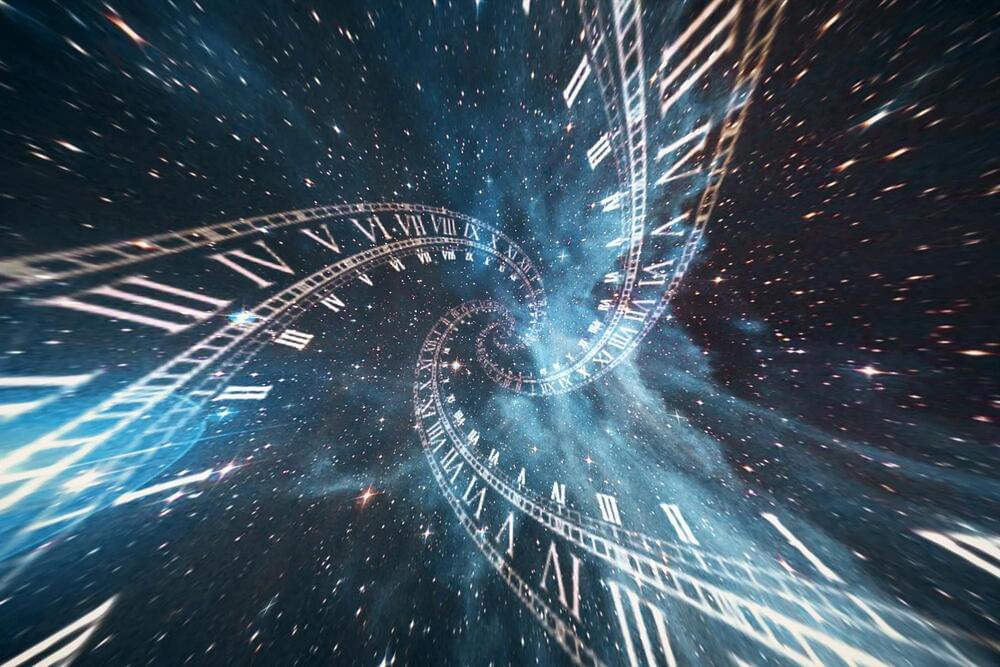The 2022 physics Nobel prize was awarded for experimental work demonstrating fundamental breaks in our understanding of the quantum world, leading to discussions around “local realism” and how it could be refuted. Many theorists believe these experiments challenge either “locality” (the notion that distant objects require a physical mediator to interact) or “realism” (the idea that there’s an objective state of reality). However, a growing number of experts suggest an alternative approach, “retrocausality,” which posits that present actions can affect past events, thus preserving both locality and realism.
The 2022 Nobel Prize in physics highlighted the challenges quantum experiments pose to “local realism.” However, a growing body of experts propose “retrocausality” as a solution, suggesting that present actions can influence past events, thus preserving both locality and realism. This concept offers a novel approach to understanding causation and correlations in quantum mechanics, and despite some critics and confusion with “superdeterminism,” it is increasingly seen as a viable explanation for recent groundbreaking experiments, potentially safeguarding the core principles of special relativity.
In 2022, the physics Nobel prize was awarded for experimental work showing that the quantum world must break some of our fundamental intuitions about how the universe works.
